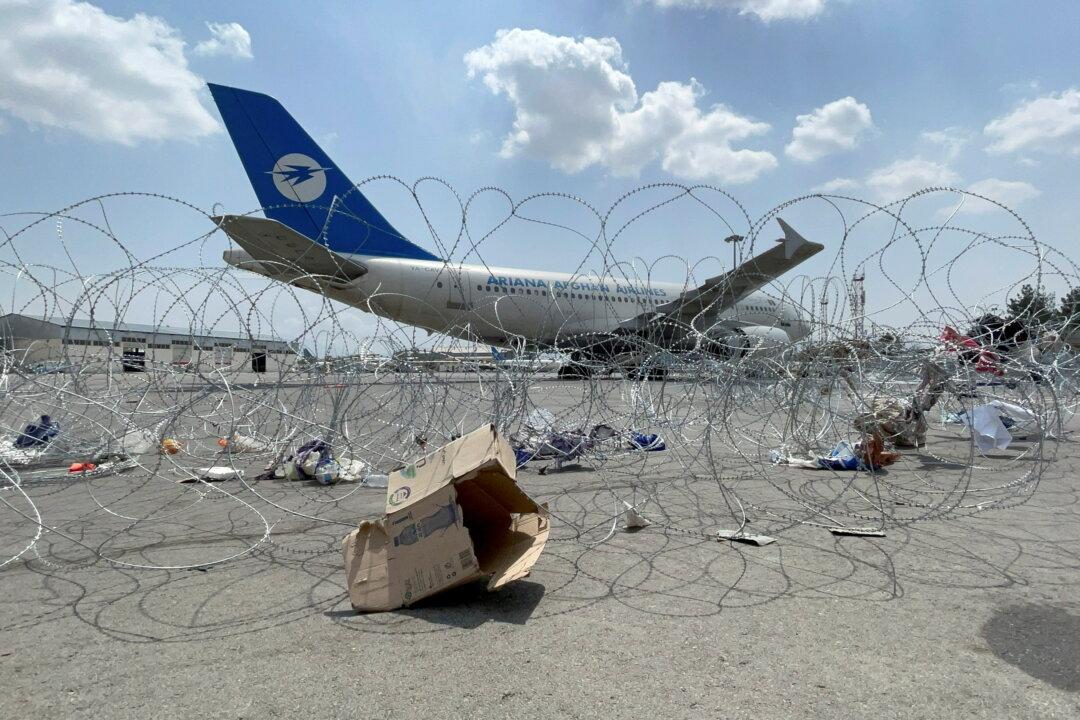Commentary
Britain’s defense chief, General Sir Nick Carter, just revealed the Taliban’s end-game for victory. “It was the pace of it that surprised us and I don’t think we realized quite what the Taliban were up to. They weren’t really fighting for the cities they eventually captured, they were negotiating for them, and I think you’ll find a lot of money changed hands as they managed to buy off those who might have fought for them,” he said on Sept. 5.





